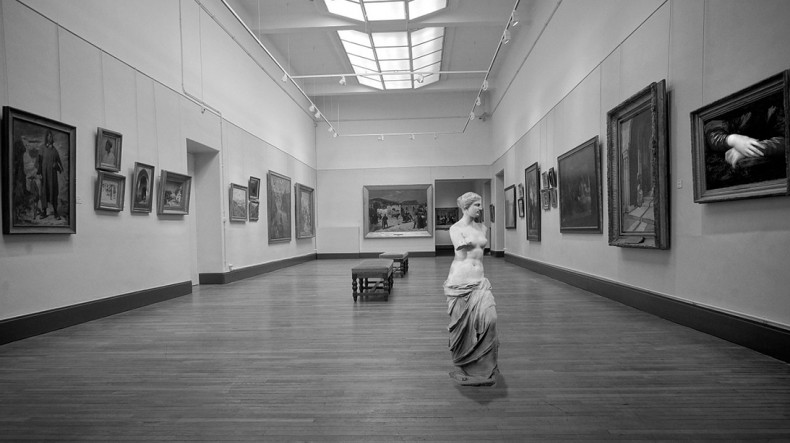
UNESCO warns of ‘unprecedented crisis in the cultural sector’
Ten million jobs were lost in creative industries during the coronavirus pandemic – while thousands more remain imperiled – according to a new report from UNESCO. Released on Tuesday, the report outlines “an unprecedented crisis in the cultural sector” exacerbated by a decline in government spending on the arts in the years leading up to the pandemic, ARTnews said.
“The social security net for artists in many countries was already inadequate, however the pandemic has exposed just how vulnerable workers in the cultural and creative sectors are,” the report reads.
The report called on governments to ensure greater labor protection for the creative industry, including establishing a minimum wage for cultural workers, as well as better pension and sick pay plans for freelancers.
“Even in countries with social security schemes designed for freelancers or self-employed people (who constitute a large part of the creative economy workforce), a significant proportion of such workers were often ineligible,” UNESCO said.
In what the report describes as a “basic paradox,” the cultural sector is one of the fastest-growing economies in the world, with people’s global access to creative content only increasing due to the shift towards showcasing art on digital platforms. However, it’s also a particularly vulnerable industry: the arts are often cut from government budgets or overlooked by private investors.
Museums and galleries were especially affected by the pandemic, with 90 percent of venues forced to close their doors for months, according to UNESCO. In 2020, the global gross value of the creative industry contracted by $750 billion, despite several artists relief programs launched by national and city governments.
Newsfeed
Videos






























